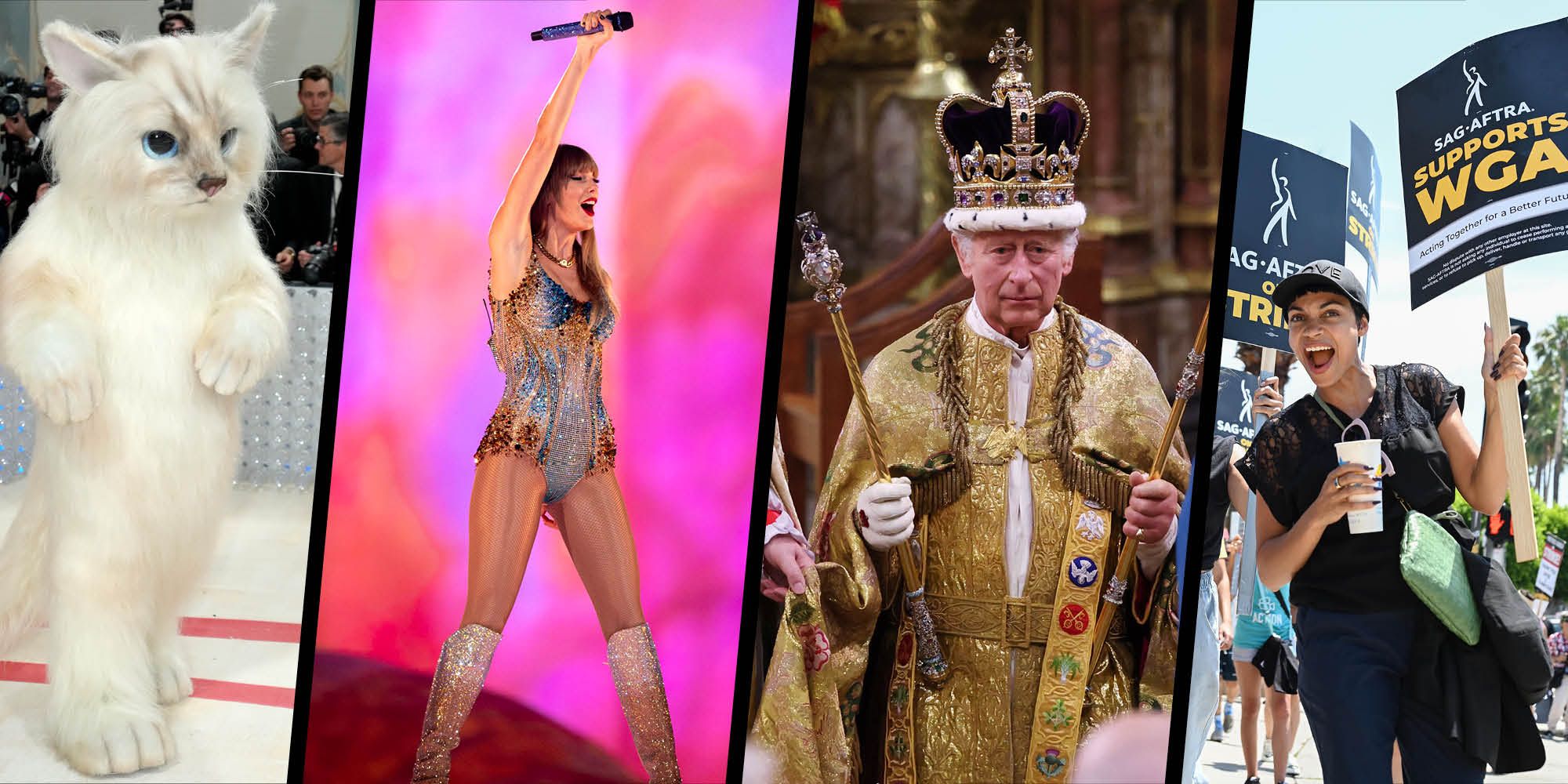An AI deepfake ad featuring popular YouTube creator MrBeast managed to bypass TikTok’s ad moderation technology and appeared on the platform, fooling many unsuspecting viewers. The fraudulent ad offered 10,000 viewers the chance to purchase an iPhone 15 Pro for just $2, a deal that could seem plausible when coming from MrBeast, known for his extravagant giveaways and stunts.
Key Takeaway
The rise of AI deepfake technology poses a serious challenge for social media platforms, highlighting their struggle to effectively detect and prevent fraudulent content.
MrBeast, whose real name is Jimmy Donaldson, has gained fame by creating over-the-top videos where he gifts people with free homes, cars, and substantial cash prizes. Given his track record, individuals who are not well-versed in identifying scams might have believed that this TikTok ad was legitimate.
However, the ad was a deepfake, an AI-generated video that convincingly showcased MrBeast promoting the offer. Even the combination of TikTok’s ad moderation technology, which relies on a mix of AI and human review, could not detect the deepfake and prevent its dissemination.
TikTok promptly removed the deepfake ad a few hours after its posting, as it violated the platform’s advertising policies. While TikTok does not completely prohibit the use of synthetic or manipulated media in ads, it requires advertisers to explicitly disclose if they employ such technologies.
This incident is not unique to TikTok, as other platforms like Meta (formerly Facebook) also use AI and human reviewers to moderate ads. However, the accessibility of AI technology has led to an increase in deceptive deepfakes, targeting famous celebrities like MrBeast, Tom Hanks, and Gayle King.
Tom Hanks recently took to Instagram to warn his followers about a deepfake promoting a dental plan featuring an AI version of himself, stating he had no association with it. The Federal Trade Commission (FTC) has issued warnings about deepfake marketing, but regulating this practice on a large scale remains challenging.
As the use of AI-generated deepfake images and videos continues to grow, concerns about its impact on elections also rise. The European Union has called for additional safeguards to protect against deepfake election risks, emphasizing the need for stricter measures to combat this deceptive form of advertising.

























